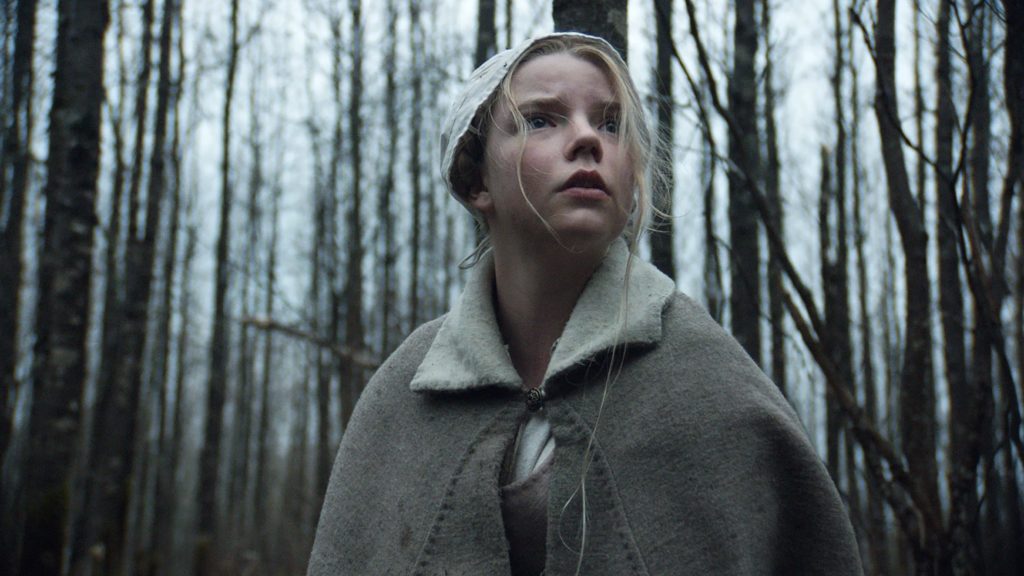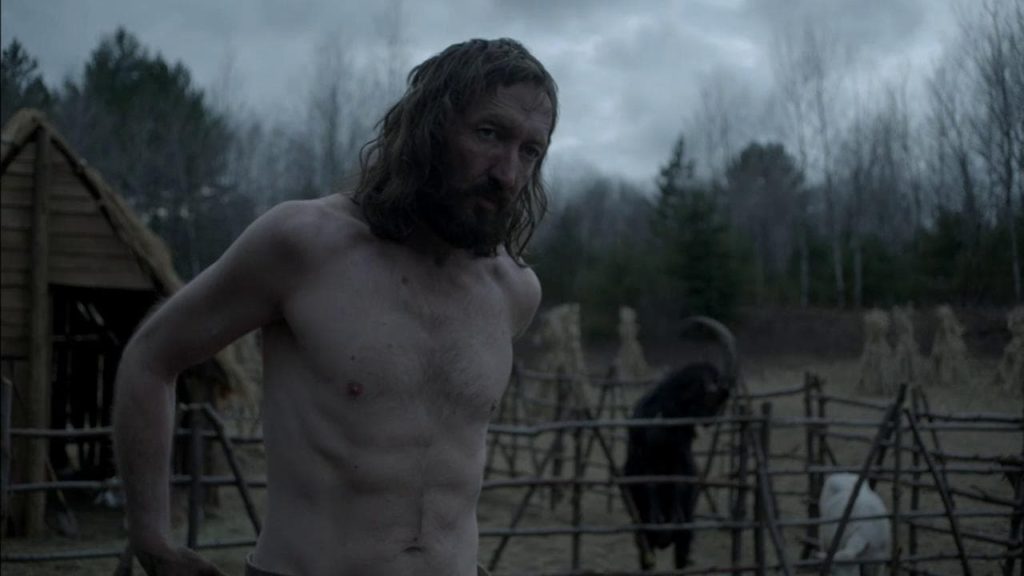A real vvinner
The Witch is a terrific debut by Robert Eggers that serves as a crossover between two genres I’m surprised don’t intersect more often: horror and historical drama. Though marketed as the former, it achieves many of the goals of a good historical drama of capturing costume and production period details that make you feel like you’re in the setting — in this case, colonial Puritan New England.
The historical setting goes deeper than a few nifty props and costumes, though. In fact, the “worldbuilding” might be the very best part of The Witch. It is certainly the thing that allows the film to execute on the creepy horror.
The Witch follows a family of English settlers in the post-Mayflower colonies of New England who get banished to the wilderness following a religious dispute with the religious and political leaders. The exact nature of the dispute is not entirely clear, but I think it is importantly a) petty to modern eyes and b) deeply fundamental to the pilgrims themselves.

This family then moves to the outskirts of civilization, just outside a daunting, spooky forest, shot with awe and hushed tones to reflect the fear it inspires in the pilgrims. Their farming attempts go sour — the corn dries and rots on the husks — and the isolation puts everyone on edge: parents William (Ralph Ineson) and Katherine (Kate Dickie), teenaged Thomasin (Anya Taylor-Joy), tweenaged Caleb (Harvey Scrimshaw), a set of twins, and Samuel, a new baby.
While Thomasin is watching the baby, it vanishes without a trace between blinks (a clever twist on the object permanence theme of peek-a-boo), which serves as the inciting incidence for the terrible, horrible, no good, very bad week that this family will have.
Eggers makes a crucial decision here at about the fifteen minute mark: He cuts to a gut-churning scene of a feral woman performing a ritual sacrifice, presumably of the baby who just disappeared. This is probably the most pivotal scene in the film because it reveals without a shadow of a doubt that this is a horror film with genuine supernatural terror stalking our protagonists. It eschews the possibility that everything we see is the result of subjective mistake and/or bad luck; a dense dramatic irony and sense of dread carries the film.
Instinctively, I wonder if Eggers might have made a mistake in doing this: so much of the movie’s effectiveness is placing us in its dreary world and uptight fundamentalism that it might have been scarier to take the “psychological thriller” route and leave us wondering if it really is all in their heads until the very end. But I wouldn’t go so far as to say he made the wrong choice; the certainty of the omnipresent evil adds an almost tactile sense of gloom.

The worse things get for the family, the more the toxicity of the religious and social strictness emerges as a theme: The characters are so reluctant to express themselves and speak directly, deferring any challenge to “the grace of God,” that resentment and deceit unspool any sense of family bond and trust.
The sexual repression in the family is a ticking time bomb: the nearly-pubescent Caleb shoots furtive glances at the exposed skin of Thomasin, his sister. Thomasin, meanwhile, is infantalized and dismissed by her parents, which is such a central topic of the film that the it occasionally feels like a coming-of-age movie above all else. Thomasin is facing a battle within herself, too, of awareness of sexuality shunned by her society, subtle hints of curiosity at this darker side of life held away for her. That she and her desires are the real “witch” of the story is practically text.
William seems fearful from the start of his daughter’s changing body, avoiding almost all direct contact with her; his visceral lust masked as fear growing and growing. And in case there was any doubt about the horny undertones of The Witch, the unforgettable final scene directly links witch magic with sexual ecstasy.
Taylor-Joy is excellent at anchoring the film and giving us a perspective into this desensitized, frightening world, her soft facial features hugely expressive. Ineson is the best in show, though, as a stubborn father who is simultaneously strong and completely clueless about how to handle the family’s spiral to oblivion. He utters the “thees” and “thousts” like a true champ, with deep gutteral intensity.
But the real star is Eggers himself. It’s hard to imagine a more assured debut project: Everything about the story, tone, look, and scares gels together into something deeply atmospheric and stylized, but in service of a classical viewpoint whose shadows are still felt today — America, after all, is still grappling with its own puritanism and sex aversion and aggressive religiosity. The heavily muted, nearly colorless cinematography might bug some eyes (certainly I wouldn’t mind a look that pops a bit more), but it’s absolutely perfect for the world that The Witch has constructed. And the film is mercifully free of cheap thrills or lazy jump scares, just a gradual boil to toil and trouble.
- Review Series: Robert Eggers
Is It Good?
Exceptionally Good (7/8)
Dan is the founder and head critic of The Goods. Follow Dan on Letterboxd. Join the Discord for updates and discussion.

